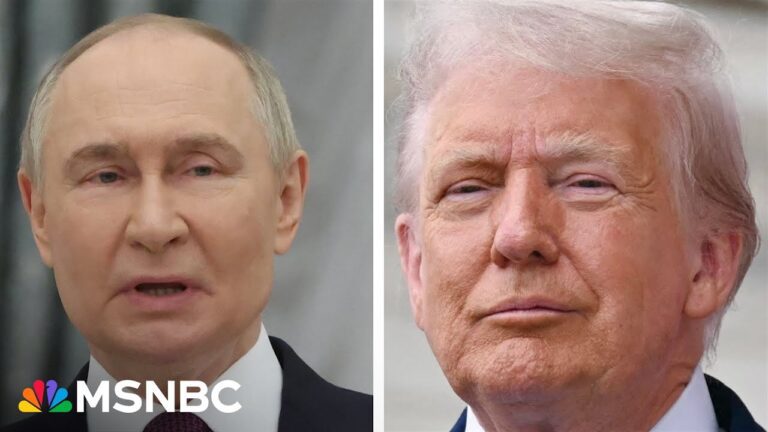Video at the bottom!
The live broadcast from Liverpool provided an update on the ongoing conflict between Russia and Ukraine, featuring significant developments in military actions and geopolitical interactions. The report highlighted Russia’s relentless missile and drone attacks on civilian areas in Ukraine, marking a grim escalation with over 350 drones and missiles launched in just one week. Ukraine’s military reported that these attacks resulted in at least 30 civilian deaths and more than 150 injuries.
As the bombardments intensified, the Kremlin responded to President Trump’s recent critiques of Putin, suggesting that Trump’s emotional state was influencing his remarks. Kremlin spokesman Dmitry Peskov acknowledged Trump’s role in initiating negotiations to end the war but criticized his emotional responses regarding the situation.
This escalating conflict coincided with Germany’s new Chancellor announcing the removal of range restrictions on weapons supplied to Ukraine, allowing for more effective targeting of Russian assets. Experts discussed the implications of this policy change, noting that it could significantly impact the scope of the war. David Ignatius emphasized that this moment poses a critical challenge for Trump, who may have to confront Putin’s growing aggression or risk appearing powerless.
The discussion transitioned to the broader implications of Trump’s relationship with Putin, likening it to historical precedents where personal chemistry has misguided American leaders. Panelists pointed out that Putin’s ongoing military activities reflect a lack of regard for Trump’s warnings, noting the potential for increased hostilities.
Senator Lindsey Graham’s bipartisan bill, which aims to impose sanctions on countries purchasing Russian oil and gas, was introduced to increase pressure on Russia and support Ukraine with additional arms. Analysts expressed skepticism about how effective these sanctions would be without strong backing from Trump, emphasizing that the effectiveness lies in a unified response from the Senate.
In closing, the panel raised concerns over the potential for a more brutal phase of warfare, particularly as Ukraine develops capabilities to target Russian territories. As the world watches the escalating situation, the urgency for decisive action and unified international support for Ukraine becomes increasingly apparent. The conversation underscored the complexities of diplomatic relations and the unpredictable nature of military engagements in the region, leaving viewers with heightened awareness of the unfolding crisis.


